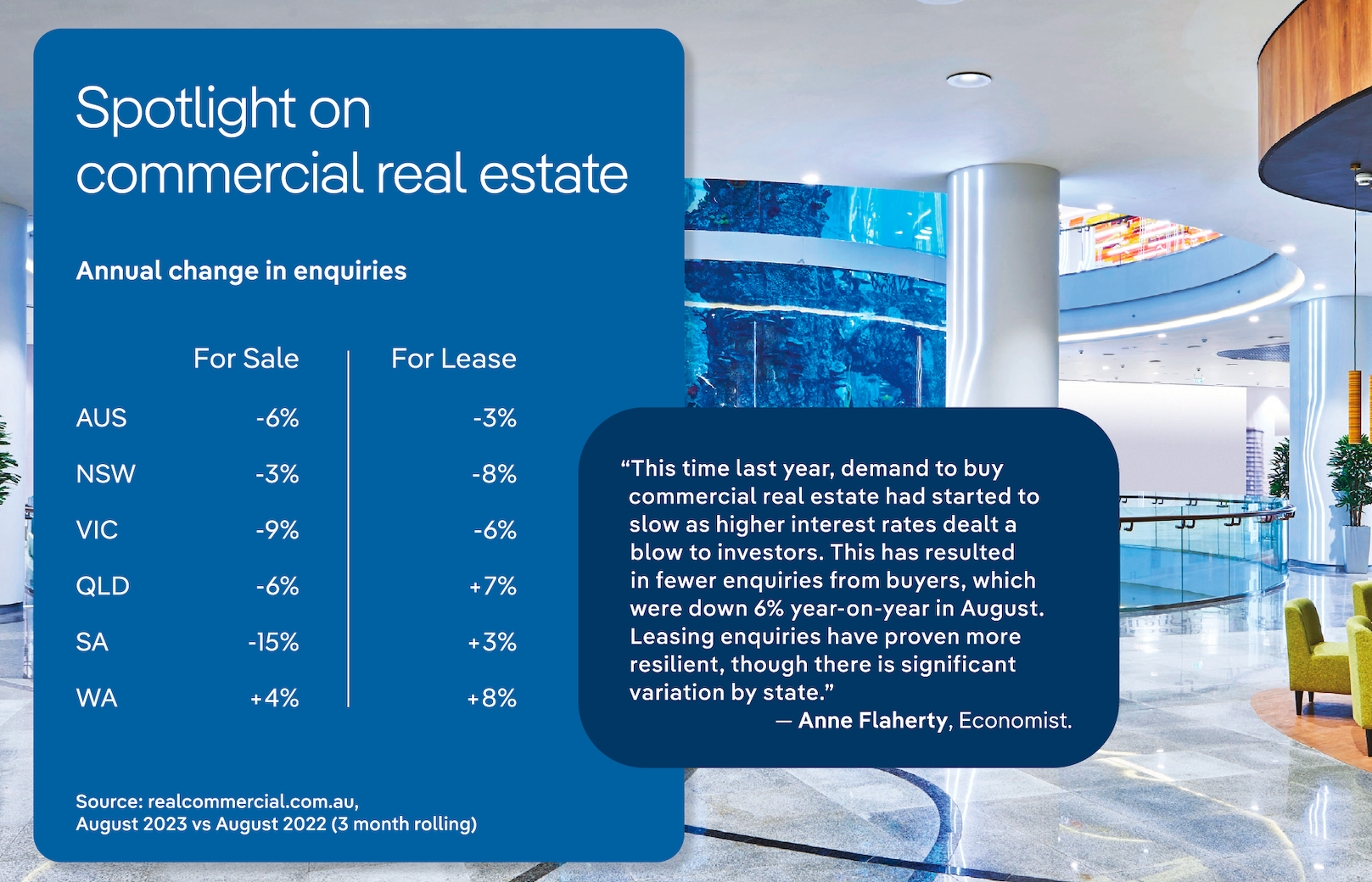Why AI could prove a boon for commercial real estate

The commercial real estate industry is well positioned to see significant benefits from artificial intelligence (AI), but firms that are slow to adapt risk falling far behind.
The scope for harnessing AI across real estate is broad, with potential efficiency gains across valuations, brokerage, property management, investment, and predictive analysis.
One area in which all these business activities can benefit is in accessing and compiling data.
Due to the way commercial property data is stored, this is typically an extremely cumbersome process, requiring significant manual effort.
In brokerage, for example, harnessing AI to analyse and extract data from a range of sources could dramatically reduce the time spent creating documents such as information memorandums or writing listing descriptions.
AI can also be used to aid in producing more accurate valuations in less time, using machine learning to analyse historical data, comparable sales, and property characteristics.
From a property managers perspective, AI can streamline operations, and virtual assistants can be used to reduce the time spent on administrative tasks such as responding to emails, tenant requests, and organising appointments.
Increasingly, investors are harnessing AI to produce tailored investment strategies and maximising returns through portfolio opimisation and market analysis.

The property industry can use AI to improve efficiencies across valuations, brokerage, property management, investment, and predictive analysis. Picture: Getty
Another benefit for investors is that AI platforms can be used to significantly reduce the time spent on due diligence, automating the analysis of property documents, and identifying any issues.
AI isn’t just bringing changes to processes. It is also impacting the demand for physical real estate. The most obvious example is data centres.
The rapid adoption of AI is driving up demand for data centres due to the growing need for data storage and processing. Not only is this driving more data centre development, but the average size of data centres is also rising.
According to research by JLL, the total number of hyperscale data centres in development globally is predicted to reach 1,000 by the end of 2024, double the 500 sites just five years earlier.
One of the greatest fears in relation to AI is the potential for job losses as more tasks are automated. Depending on the jobs worst hit this could correspond to lower demand for commercial real estate, with offices most at risk.

MSCI analysis shows that as productivity per worker rises, so does the value of commercial real estate. Picture: Getty
On the other hand, AI has the potential to significantly increase productivity per worker which would support higher economic growth. This could actually drive more demand for space, with a global analysis from MSCI showing that, as productivity per worker rises, so does the value of commercial real estate.
There is no doubt that the adoption of AI will dramatically change many aspects of how we live and do business. Across all industries, the companies quickest to embrace AI will gain a competitive edge, requiring fewer man hours to produce better results.








